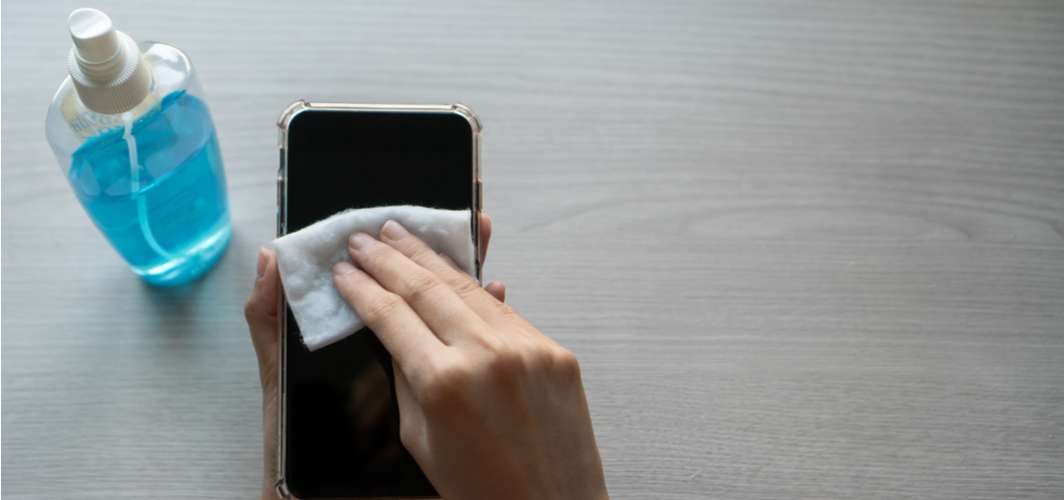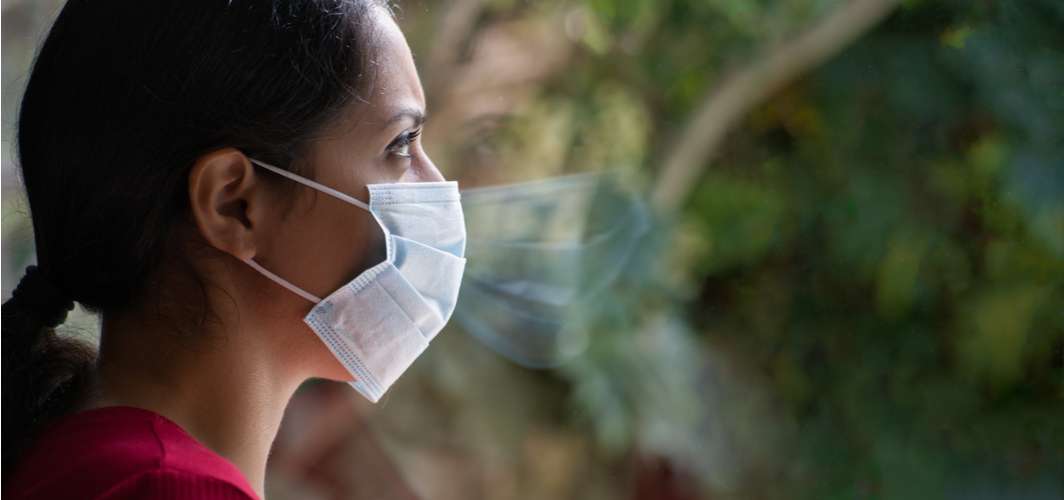Coronavirus Updates
How to Keep Yourself Physically Active During Lockdown
3 min read
Published on - 29 April 2020, Updated on - 18 October 2022
Share this article
0
0 like

Many countries around the world, including India, have imposed a lockdown to stop the spread of the Coronavirus. It is important to keep ourselves physically active while staying indoors. Being physically active can improve our overall mental health while reducing the risk of various diseases. Please continue reading this article from the World Health Organisation (WHO) and learn how to keep ourselves physically active during the lockdown.
The COVID-19 pandemic means that many of us are staying at home and sitting down more than we usually do. It’s hard for a lot of us to do the sort of exercise we normally do. It’s even harder for people who don’t usually do a lot of physical exercises.
But at a time like this, it’s very important for people of all ages and abilities to be as active as possible. WHO’s Be Active campaign aims to help you do just that - and to have some fun at the same time. Remember - Just taking a short break from sitting, by doing 3-4 minutes of light intensity physical movement, such as walking or stretching, will help ease your muscles and improve blood circulation and muscle activity.
Regular physical activity benefits both the body and mind. It can reduce high blood pressure, help manage weight and reduce the risk of heart disease, stroke, type 2 diabetes, and various cancers - all conditions that can increase susceptibility to COVID-19. It also improves bone and muscle strength and increases balance, flexibility and fitness. For older people, activities that improve balance help to prevent falls and injuries.
Regular physical activity can help give our days a routine and be a way to stay in contact with family and friends. It’s also good for our mental health - reducing the risk of depression, cognitive decline and delay the onset of dementia - and improve overall feelings
How much physical activity is recommended for your age group?
WHO has recommendations on the amount of physical activity people of all ages should do to benefit their health and wellbeing.
Infants under 1 year of age
• All infants should be physically active several times a day.
• For those not yet mobile, this includes at least 30 minutes in a prone position (tummy time), as floor-based play, spread throughout the day while awake.
Children under 5 years of age
• All young children should spend at least 180 minutes a day in a variety of types of physical activities at any intensity
• 3-4-year-old children should spend at least 60 minutes of this time in moderate- to vigorous-intensity physical activity
Children and adolescents aged 5-17 years
• All children and adolescents should do at least 60 minutes a day of moderate to vigorous-intensity physical activity
• This should include activities that strengthen muscle and bone, at least 3 days per week
• Doing more than 60 minutes of physical activity daily will provide additional health benefits
Adults aged over 18 years
• All adults should do at least 150 minutes of moderate-intensity physical activity throughout the week, or at least 75 minutes of vigorous-intensity physical activity throughout the week.
• For additional health benefits, adults should increase their moderate-intensity physical activity to 300 minutes per week, or equivalent.
• For developing and maintaining musculoskeletal health, muscle-strengthening activities involving major muscle groups should be done on 2 or more days a week
• In addition, older adults with poor mobility should do physical activity to enhance balance and prevent falls on 3 or more days per week.
Consult a best diabetologists online
If you have any questions related to Coronavirus, you can consult our team of expert doctors through online doctor consultation
Coronavirus Updates
Leave Comment
Recommended for you

Coronavirus Updates
How Long Does Coronavirus Survive on Surfaces?
The Coronavirus can survive on clothes and paper for up to 24 hours while on glass it can live up to 4 days. Read on to know more on the survival time of the virus on different surfaces.

Coronavirus Updates
Are People with Blood Group ‘A’ More Vulnerable to COVID-19?
A recent study has shown that people with certain blood types could be at an increased risk of contracting COVID-19.

Coronavirus Updates
COVID-19 Double Mutant Variant: Should You be Worried?
Most health experts believe that the double mutant variant detected in India is unlikely to be more deadly or more transmissible.
Subscribe
Sign up for our free Health Library Daily Newsletter
Get doctor-approved health tips, news, and more.
Visual Stories

Explained: The Highly Transmissible SARS-CoV-2 Variants
Tap to continue exploring
Recommended for you

Coronavirus Updates
How Long Does Coronavirus Survive on Surfaces?
The Coronavirus can survive on clothes and paper for up to 24 hours while on glass it can live up to 4 days. Read on to know more on the survival time of the virus on different surfaces.

Coronavirus Updates
Are People with Blood Group ‘A’ More Vulnerable to COVID-19?
A recent study has shown that people with certain blood types could be at an increased risk of contracting COVID-19.

Coronavirus Updates
COVID-19 Double Mutant Variant: Should You be Worried?
Most health experts believe that the double mutant variant detected in India is unlikely to be more deadly or more transmissible.